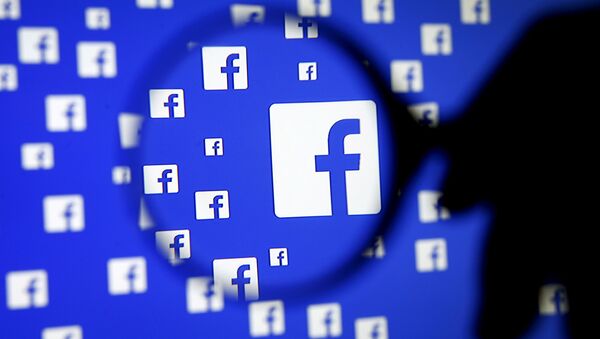While world leaders and top diplomats arrived at Munich’s Bayerischer Hof hotel for the annual security conference, a group of Jewish religious and community leaders, big tech representatives, German law enforcement officials and cybercrime experts gathered across the street from the main venue to talk about hate speech on the Internet – specifically on social networks such as Facebook.
— Denis Bolotsky (@BolotskySputnik) February 14, 2020
According to Maram Stern – the executive vice president of the World Jewish Congress, even though laws against hate crime have been introduced in many European countries, they are not being properly enforced.
“That’s the problem, what’s missing is enforcement of the law”, Stern told Sputnik, adding that “the problem is not just the police – it’s enforcement. Everything else can be enforced. If you commit another crime it’s enforced, and this should be enforced too”.
According to the organizers of the meeting, the focus was exclusively on Internet and social media, as these are environments in which there is little to no control over content which could pose a danger for the Jewish community and other minority groups.
The president of the Conference of European Rabbis, Chief Rabbi Pinchas Goldschmidt, quoted a recent speech by Hollywood celebrity Sacha Baron Cohen in which the comedy actor asserted that private tech companies such as Facebook have the right to ban hate speech. According to Goldschmidt, social networks have given a platform to people who commit hate crimes and stream their actions online.
“The strength and the power given by social media to people who are on the margins of society creates chaos in our world, and also instigates terrorist attacks against houses of worship, and also hate and racism all over the world – from the United States to Sri Lanka to Australia,” he said.
The discussion focused on various aspects of combating online hate speech – both legal and technical, often switching to technical jargon, and, at times becoming emotional when privacy issues were mentioned.
German law enforcement officials affirmed their policy of going after users who incite hate speech online, whether tech companies like it or not.
“We’re definitely not “collecting IP addresses”, says Markus Kerber, Germany’s State Secretary at the Ministry of Interior, in response to one of the comments, “but if an Internet user, who calls herself DaisyDuck25, and she’s repeatedly inciting real crimes, I take the liberty to ask the software company, the social media company that is hosting DaisyDuck25 to give me the IP address. So far we are in a regime where this happens more or less voluntarily, if that doesn’t happen voluntarily – we have tougher measures to do that.”
Big tech companies have asserted that they train their software algorithms to identify and stop hate speech, but, according to a former chief security officer at Facebook, Alex Stamos, filtering such content automatically is not easy.
— Denis Bolotsky (@BolotskySputnik) February 14, 2020
According to the organizers of the Munich meeting, big tech companies are aware of their concern, but there remains many key issues to be discussed.
Established in 1963, the Munich Security Conference gives a platform to politicians, diplomats and top military brass from around the world to discuss a variety of international issues.
This year’s MSC is being held from 14 to 16 February.

